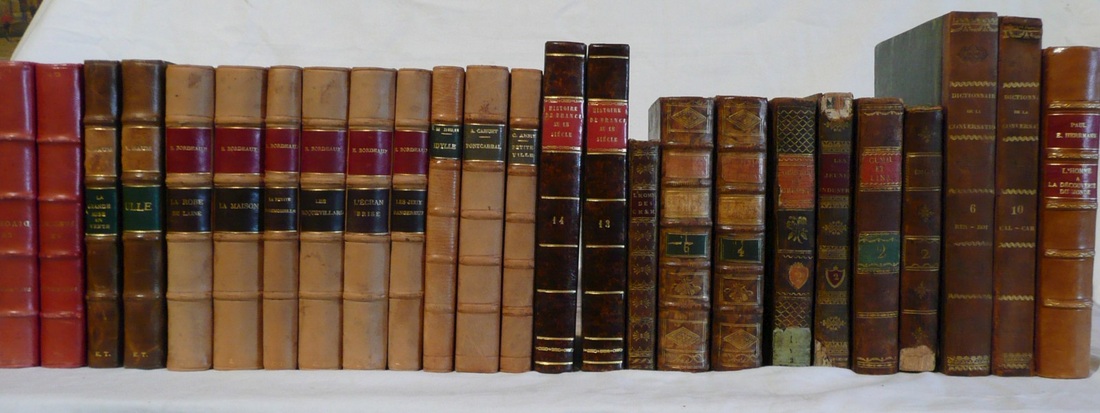Defensive UnconsciousDefensive processes enable us to conform and be accepted. The defensive unconscious is like a magician bending and ‘disappearing’ unwanted feelings and thoughts. Yet our feelings and thoughts do not disappear. When banished, they lurk and hide in the tributaries that bisect the landscape of our unconscious. What are some of these experiences that our defensive unconscious wants to disappear? Our covert racism? Our sadistic sexual impulses? The unbearable loneliness we experienced as a child? Lying at a job interview?
The defensive unconscious scans and appraises just like the cognitive unconscious yet its purpose is to sift out and shield us from the dark side of our existence and our character. Which of us really wants to discover that we are racist, sexually abusive, alone or a fraud? Thanks to the defensive unconscious I can convince myself that I am a tolerant person surrounded by loving, reciprocal relationships and achieving great things in my career. I am competent, loveable and good, I tell myself, and because I am these things I will be accepted and I will belong. …Freud believed we are fundamentally ruled by instinctive drives – just like any other animal. If the defences weren’t working, said Freud, we would be engaging in all sorts of animalistic pursuits comprising sex, gorging and fighting. Art, religion and every other aspect of man-made culture are merely ways we prevent ourselves from acting like animals. This is one way of understanding the defensive unconscious. Carl Jung, however, was convinced that the defensive unconscious had a function beyond serving as a barrier between our civilised and animal selves. He agreed with Freud that we have a ‘dark side’ which he described as our ‘shadow’ and he, too, understood this part of the unconscious as a process which manages the refused and unacceptable parts of our self. However, unlike Freud, Jung saw that the shadow also looked after the ‘pure gold’ of our personality. The defensive unconscious takes care of what we don’t like about ourselves and also manages the yearnings, talents and unique characteristics that could not find full expression in the environment and culture into which we were born. As we become more ‘social’ we learn to reject or hide parts of our self that do not fit acceptable norms and in doing so we become ‘split’ or fragmented. The conflicts we experience are between these split off and divided parts of our self. Sometimes conflict is so deeply buried that we only feel it as a vague sense that something is ‘missing’ or ‘wrong’. For others, the conflict is nearer the surface and interferes with our relationships, aspirations and health. This is an edited extract from Beyond Threat by Dr Nelisha Wickremasinghe |
Explore |

